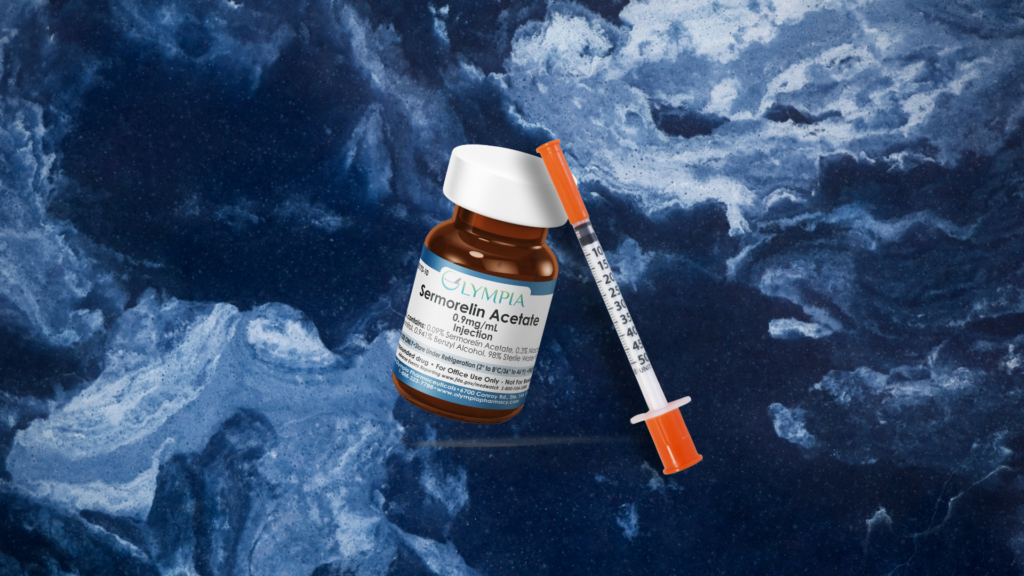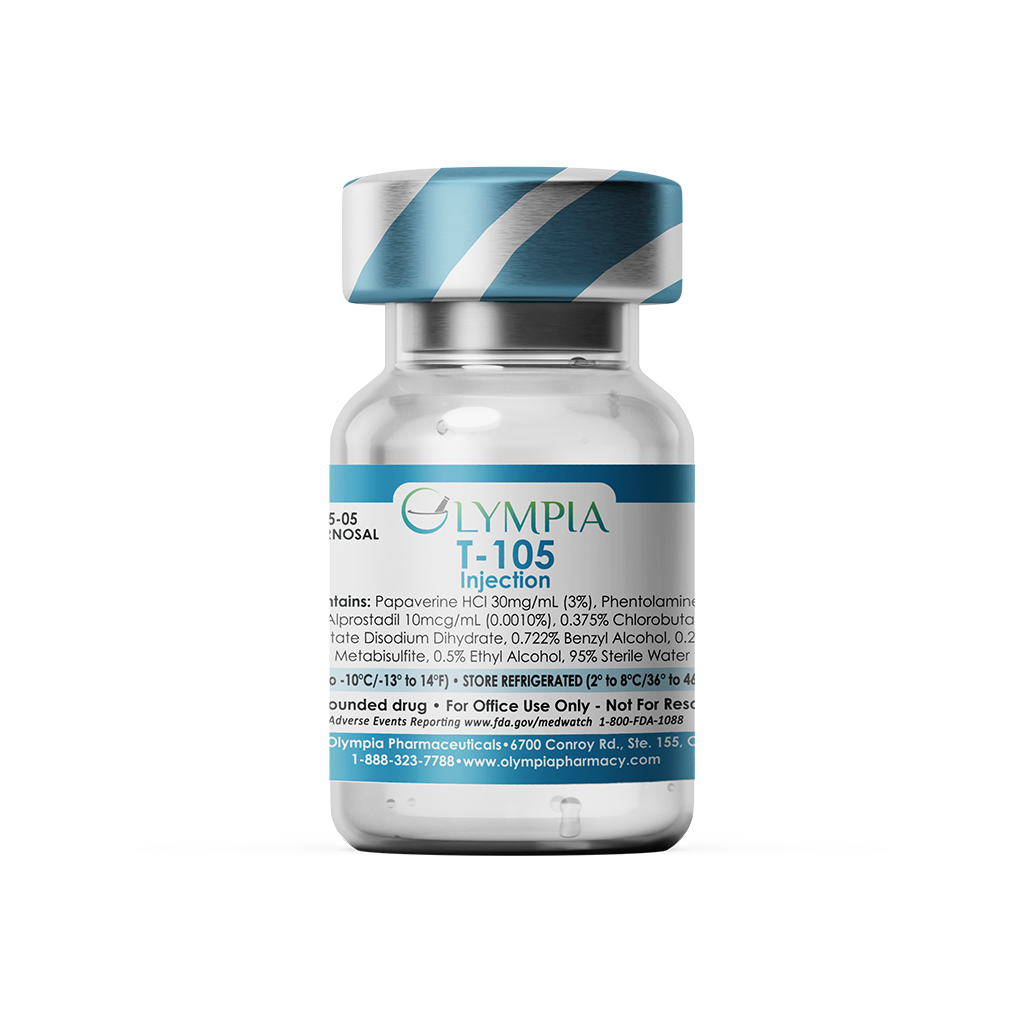If you suspect you’re experiencing symptoms of erectile dysfunction (ED), the first step to addressing it is discussing your concerns with your doctor. But what if the idea of discussing your sexual health with a physician makes you uncomfortable?
You’re not alone. Many men are unsure how to approach their doctor about erectile dysfunction, but making a plan ahead of time can make the process easier. To help streamline the process, it’s important to make a list of questions or concerns so you can get the answers you need without feeling rushed, even in the fast-paced environment of many medical practices.
Should You Talk to Your Doctor About ED?
It’s not uncommon to have occasional issues with getting or maintaining an erection due to changes in mood, stress or fatigue. It’s considered erectile dysfunction when you experience persistent difficulty doing so during sexual intercourse. It’s possible that your symptoms are due to an underlying condition, which is why it’s important to discuss them with your doctor.
Blog: How to Talk to Your Partner About ED
Tips on How to Talk to Your Doctor About ED
Many men feel uncomfortable discussing their sexual health with their primary care provider, but it’s important to remember that doctors have seen it all — it’s unlikely any health issue you bring up is something they haven’t encountered with patients in the past. If you’re unable to discuss your symptoms with your PCP, request a referral to a urologist — a specialist who is trained to treat men’s reproductive health.
Oftentimes, the hardest part is initiating the conversation. Try preparing your approach ahead of time so you feel confident in bringing it up. Some benefit from simply telling their doctors: “I think I may have ED.” Your doctor can take it from there and ask diagnostic questions to assess your symptoms. It’s important to be open and honest during this discussion so you receive an accurate diagnosis and can receive the treatment you require. (There are also myths about ED that your doctor can dispel.)
If you’re interested in getting a few of your own questions prepared for the conversation, here are five important ones to include in your list:
Five Questions to Ask Your Doctor About Erectile Dysfunction
1. Are my symptoms something to be concerned about?
Your doctor should help you determine if your symptoms are frequent enough to be considered ED. They can then ask you the right questions to help assess if your symptoms are the result of an underlying health issue, age, stress or other psychological causes.
2. What are the potential causes of my ED?
ED can be caused by a wide range of factors, including chronic illness (such as diabetes, heart disease or kidney disease), excessive alcohol or tobacco consumption, medication side effects, chronic stress and hormone imbalances. Your doctor may also ask questions about your symptoms, conditions or medications, and perform a physical exam in order to provide a proper diagnosis.
3. What options are available to me?
Depending on the cause of your ED, your healthcare provider may recommend various options, including oral medications, penile injections (also known as erectile dysfunction or ED injections) suppositories, talk therapy or surgical interventions. If your ED is caused by an underlying condition, addressing that root issue may resolve your symptoms.
4. What lifestyle changes may alleviate my symptoms?
Oftentimes, healthy lifestyle changes can help resolve symptoms of ED. This may include weight loss, regular exercise, a healthy diet, avoiding excessive alcohol and/or drug consumption and taking steps to reduce day-to-day stress.
5. What are my next steps?
Your doctor may recommend further lab testing to verify your diagnosis, either through urine or blood testing. Once you receive your diagnosis, your doctor should advise you on where to go for further information and what treatments would be most effective.
How to Prepare for Your Appointment
Preparing for your doctor’s appointment ahead of time is a great way to ensure you get the answers you need. It’s helpful to prepare any information your healthcare provider would find useful in diagnosing you ahead of time. This includes details on your current medications, lifestyle, medical history and symptom history.











